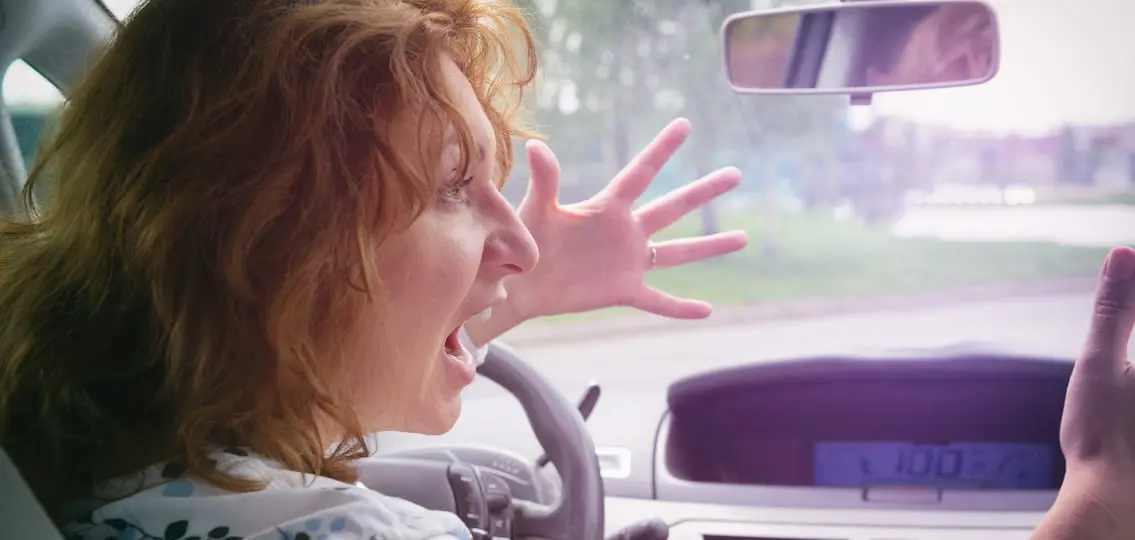A while ago, a controversy erupted over a blog where a mother posted photos of herself giving the middle finger to her sleeping infant. On one side of the fracas were parents who thought the photos were hilarious and validated their own struggles with parenting. They felt that the photos cut through the predominant, sometimes bullying, perfectionist ethos in many online parenting forums by revealing a more balanced view of the realities of raising children.
On the other side were parents who argued that children, especially infants, are innocents and deserve the best of us at all times.
I like this example because it captures an essential challenge that all parents face at one time or another: how to navigate the very human, very real negative emotions that dealing with kids brings up, while also providing those kids with a consistent, supportive, and encouraging environment.
Controlling Negative Emotions with Teens
This internal conflict is especially salient for parents of teens. At times, teens can seem so determined to make us angry — so mean, so manipulative — that we may have a strong temptation to put them in their place by responding with an equally mean quip, or by letting them see our rage, or at least by giving them the middle finger behind their backs. After all, one good turn deserves another, right? The answer is yes and no, but mostly no.
It’s healthy to tell teens (and tweens) how you feel when they say something cruel or defy you in front of their friends to look cool; doing so helps teens learn the ways their actions affect others and teaches them that it’s okay to talk about difficult emotions.
However, it’s important to have these conversations while calm. By demonstrating your anger, you run the risk of shutting down the teen so that the message is lost. Also, an angry reaction could potentially exacerbate your teen’s bad behavior in the future if your explosiveness somehow feels rewarding to the teen. And, that reaction models that you think it’s an appropriate way to handle anger.
The Impact of Negative Thoughts
So does this mean that as long as your teen can’t see your anger, it’s okay to give the finger or think to yourself, “That little (expletive)”? The issue here is that, by thinking these thoughts or performing the gesture, you may be subtly altering the way you think about your teen.
While it probably isn’t a big deal to indulge in these responses occasionally, repeatedly thinking about your child in a negative way could have an impact on your parenting. It may be harder to find empathy for the teen when it’s needed. Or it may be easier for you to attribute certain behaviors to willfulness, when the teen is likely doing their best. Not to mention the possibility of your teen accidentally getting a peek at one of those intended-to-be-hidden middle fingers.
How to Redirect Negative Thoughts
So how can a parent control responses that feel automatic?
The first way is to remember what you’ve taught your child about handling anger and follow suit. Strategies like walking away, counting to 10, and taking deep breaths work just as well in the kitchen as they do on the playground. Try to remind yourself that you’re teaching your teen how to deal with strong emotions through your own actions.
The second way can be a little more challenging because it involves recognizing and changing thoughts before fighting with your teen. When you’re in a calm mood, generate some “coping thoughts” you can draw on to balance out the negative thoughts about your child. This could mean things like, “She must be really hurting to say these things,” or, “I’ve kept my cool in far worse situations—I can do it now.” Write these thoughts down on a notecard or in your phone, and read them from time to time.
Preparation and practice will make it more likely that you’ll be able to access the thoughts when you need them.




